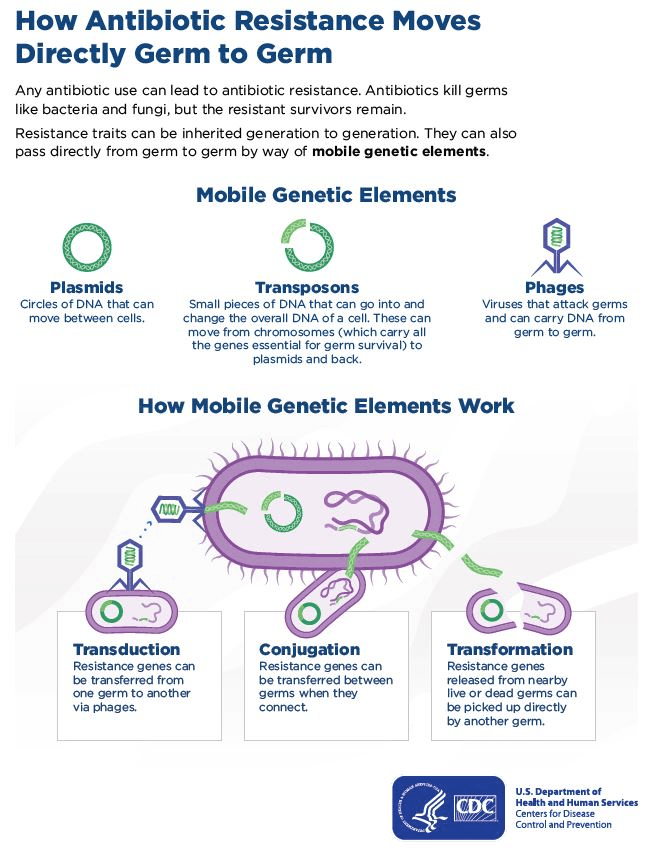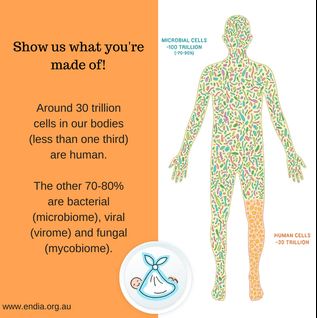This includes a group of infection prevention practices that apply to all patients, regardless of suspected or confirmed infection status, in any setting in which healthcare is delivered
What is Standard Precautions
True or False:
When performing CHG foley maintenance, it is important to start at the foley bag and work towards the patient
What is False.
This is the number one way to prevent the spread of infections.
What is Hand Hygiene
True or False:
The infection prevention team is here to support you and help you and our patients stay healthy. We love hearing from caregivers and providing resources to make safe choices.
What is True
Call us anytime
Ext 2441
This item has more germs than a toilet seat.
What is your cell phone

True of false: Another way to think about standard precautions is: "If it's wet, warm, and not yours, put a barrier (i.e. a mask, PPE) between you and it."
True
True or False: A patient who tests positive with a CRO (carbapenem resistant organism) is required to be on Contact precautions for all hospitalizations - current and future.
What is true?

The length of time you must clean your hands
What is 20 seconds
This is the type of nails we love to see on health care professionals.
What are natural nails
True or False:
A sneeze only has droplets
What is False.
This is a good practice everyone can do with high touch surfaces to break the chain of infection
What is cleaning
True or False: Patients with a CRO (carbapenem-resistant organism) or other MDRO (multi-drug resistant organism) can only be roomed in certain units.
What is false?
Patients on isolation precautions can be roomed in ANY unit (e.g., pediatrics, medical oncology).
This action is required after exiting a patient's room with a known or suspected infectious diarrhea.
What is washing hands with soap and water?
The people responsible for infection prevention.
Who is everyone
A sneeze can travel this far.
What is 26 feet?
True or False: The first thing we should do before interacting with a patient is a risk assessment.
What is True
True or False:
We do foley maintance every 12 hours.
True or False: When wearing gloves, one does not need to perform hand hygiene. This is part of standard precautions.
What is: FALSE
Hand hygiene should always be done before and after wearing gloves.
These are the two methods of letting fellow caregivers know a patient has something transmissible (a condition they can share if appropriate steps are not taken)
What is placing an isolation sign at the door and flagging the chart
True or False: There are more human cells than bacteria cells in and on the body?
What is False.

Using a tissue when you cough/sneeze, washing your hands afterward, wearing a mask with respiratory symptoms are all part of this important Infection prevention concept
What is Respiratory Etiquette
These are the six things you should look for every time you are in a patients room with an indwelling foley catheter in place.
1. Securing Device in Place
2. Tamper Resistant Seal Intact
3. Urine Bag Below Bladder Level
4. Urine Bag Off the Floor
5. Urine Tubing Free of Kinks
6. No Dependent Loops in Urine Tubing
7. Urine Bag Emptied Prior to Ambulation/Transport
This action is required when your hands are visibly dirty, before eating, and after using the restroom.
What is washing your hands with soap and water. (NOT alcohol-based hand sanitizer)
_____________ and ___________ directly corelate to infections caused by devices such as foley catheters and central lines.
What is utilization and duration
True or False: The CDC updated isolation guidance for Noroviruses to include wearing a mask in areas that are heavily contaminated with fecal or vomitus matter.
What is True